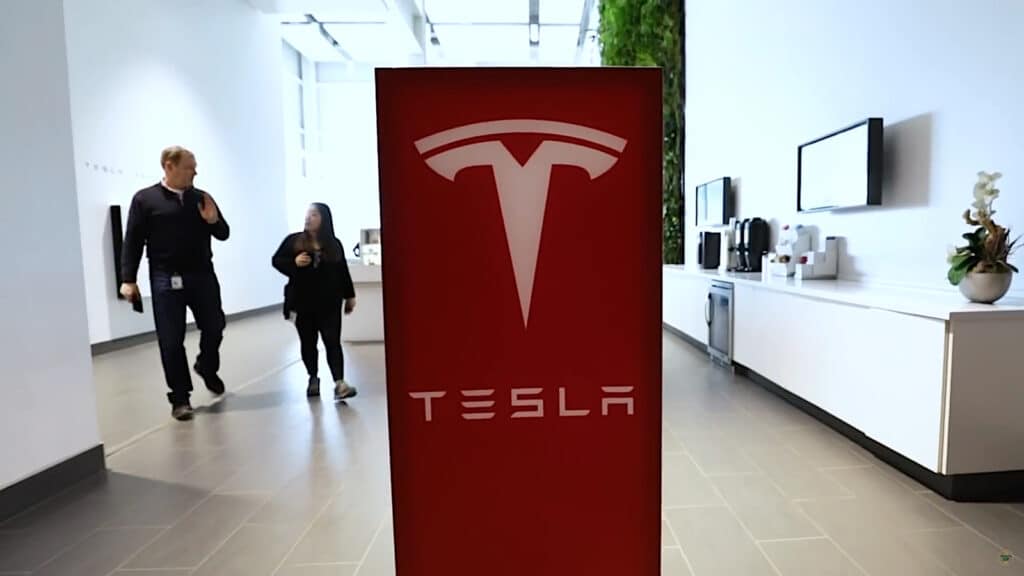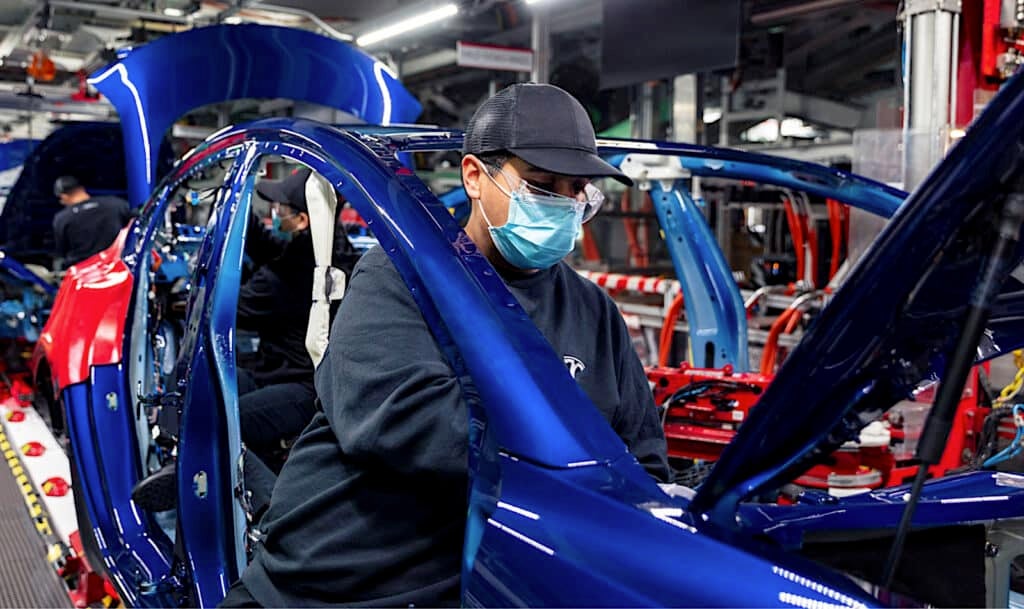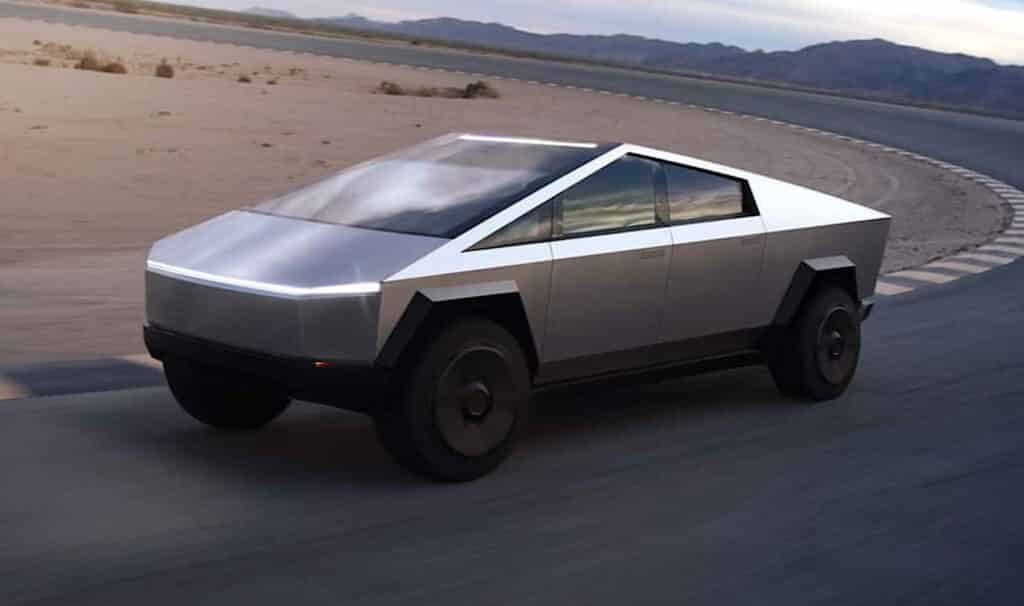Tesla stock continues to plunge, setting one new low after another. And industry analysts say much of the blame goes to CEO Elon Musk and his acquisition of social media giant Twitter.

As lunch hour Wednesday approached, TSLA shares traded on the Nasdaq exchange were off more than 2%, trading just over $158. They had slipped as low as $155.88 earlier in the day, marking yet another 52-week low for the once high-flying stock which hit a high of $402.67 earlier in the year.
There are plenty of factors dragging down the stock, according to various analysts, and shares have been on a pretty much steady decline since April. But there’s a clear parallel to the timing of Musk’ bid for Twitter — with decline turning to rout since he completed the acquisition of the social media service. Since then, Tesla shares have tumbled by nearly a third of their value.
How low can you go
How much further it could drop is the big question. That could depend on the sales and earnings numbers for the fourth quarter. But there’s also the concern that Musk’s increasingly politicized tweets — such as one calling for the prosecution of Anthony Fauci, who led the U.S. government’s response to the COVID pandemic as Director of the National Institute of Allergies and Infections Disease — could be alienating future Tesla buyers.

For the full year, the stock now is down by more than 60%. And, at least briefly on Wednesday, Tesla’s market capitalization dipped below $500 billion — for the first time since 2020. Earlier this year, the carmaker was valued at around $1.2 trillion.
Musk told analysts during a third-quarter conference call he anticipated Tesla continuing to gain value, eventually to have a market capitalization greater than Apple and Saudi Aramco combined — or more than $4 trillion.
A variety of problems
What went wrong? Analysts blame a variety of factors.
There’s increasing competition from both new EV startups as well as established automakers. Tesla’s market share is now down to around 73% of the battery-vehicle segment, according to industry data, about 6 points lower than at the start of the year. But that had long been expected, and sales and profit growth are generally the metrics analysts and investors have most worried about.
Tesla dropped some solid earning numbers for the third quarter, while sales also rose — but they, nonetheless, fell short of Wall Street’s consensus forecast.

Twitter is catching much, if not most, of the blame for the accelerated plunge in Tesla’s stock price.
Losing focus
“There is no Tesla CEO today,” said Gary Black, managing partner of Future Fund LLC, which owns $50 million worth of Tesla stock.
That reflects a widely held concern that Musk is largely ignoring his other ventures, including both SpaceX and Tesla. And that would be happening at a tough time. There’s not only the increased competition from players as diverse as General Motors, Ford, Hyundai and Mercedes-Benz, but the fact that Tesla continues struggling to bring out new product.
The much-awaited Tesla Cybertruck, in particular, is now at least a year late to market and, based on Musk’s most recent comments, won’t be ready until late next year. Tesla is also pushing back again on the self-driving technology Musk has called essential to the automaker’s long-term profitability.
And while rumors suggest that Tesla is getting ready to update the Model 3, its best-selling vehicle, “It’s products are getting old,” said Michelle Krebs, chief auto analyst with Cox Automotive.

From hero to zero, Musk suddenly gets booed
But that’s not what concerns Krebs — and some other observers — most.
During the last year, CEO Musk has taken an increasingly vocal stand on matters political. He has directly attacked President Joe Biden and other Democratic leaders in tweets, and urged his vast social media following to vote Republican in the mid-terms. Musk created a firestorm of controversy this past week after tweaking the nose of the LGBTQ+ community in a tweet that also declared “Prosecute Fauci,” referring to Dr. Anthony Fauci, who as previously mentioned has served as the lead White House advisor on COVID.
Once routinely hailed as a “genius” by fans and media alike, Musk is suddenly facing pushback. During an event in San Francisco last Sunday, the billionaire entrepreneur was invited onstage by comedian Dave Chappelle, only to face several minutes of loud booing. Musk was left virtually speechless on stage, though he later tried to minimize what happened in a tweet. But widely circulated video clearly showed the strength of the crowd’s reaction.

Partisan politics
The shift was already apparent, even before the sale of Twitter was complete, according to The Morning Consult, a “global decision intelligence company” that tracks public sentiment. It has found a sharp slump in the perception of Musk since early summer — and that is rubbing off on Tesla.
“Between October and November, Tesla’s net favorability among Democrats has fallen 20.3 points,” the service said in a recent study. At the same time, “it increased 3.9 with Republicans.”
Though Musk may be gaining ground with those who identify with the GOP, research shows those are the consumers least likely to be looking to go electric. Democrats, according to various research, make up a disproportionate share of EV buyers.
Doing a favor for competitors
On the plus side, Elon Musk has been the most visible salesperson for electric vehicles. And that certainly paid off for Tesla. But it’s also helped the competition as they’ve started entering the market with viable EVs of their own, said Russell Wager, the vice president of marketing for Kia, which has been winning widespread kudos for its new EV6 crossover.
“Yes, there’ll be some opportunity” for competitors like Kia to attract EV buyers who might be turned off by Musk’s political turn, Wager told TheDetroitBureau.com on Tuesday, during a preview of the high-performance EV6 GT.

A downturn might have been inevitable
Whether Musk’s itchy Twitter finger really is turning off potential EV buyers, there’s growing concern that Tesla is losing momentum. Several industry observers who spoke to TheDetroitBureau.com expressed concern about the carmaker’s decision to offer incentives on some models before the end of the year. That is likely to help boost fourth-quarter number but could be a signal that demand is softening.
“The fact that macro indicators in several regions are moderating and Tesla is pulling multiple demand levers suggest that global supply/demand is now softer for Tesla,” Goldman Sachs said in an advisory released Wednesday morning. It cut its price target from $305 a share to $235, while warning that if the economy continues to falter, the stock could tumble as low as $135.
Analysts often talk about the “perfect storm,” a combination of factors that combine to create a significantly worst outcome than what each might have caused when individually added up. That’s a risk that Tesla could now be facing.
There are macro-economic events including inflation and the threat of a global recession, along with a flood of new competitors. Its products are aging while its new models and technology continue to be delayed. But swirling around all that are the winds blowing from the office of the carmaker’s chief executive which threaten to alienate once loyal Tesla buyers. And that could be anything but perfect for Tesla and Tesla investors.
- SEO Powered Content & PR Distribution. Get Amplified Today.
- Platoblockchain. Web3 Metaverse Intelligence. Knowledge Amplified. Access Here.
- Source: https://www.thedetroitbureau.com/2022/12/as-musk-escalates-twitter-rants-tesla-stock-continues-to-plunge/



